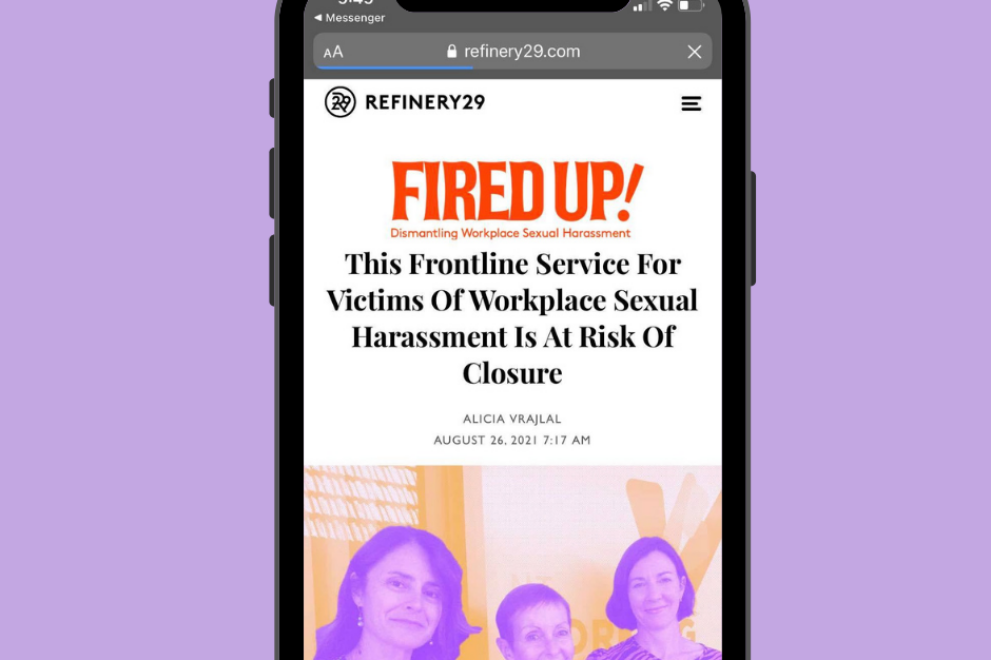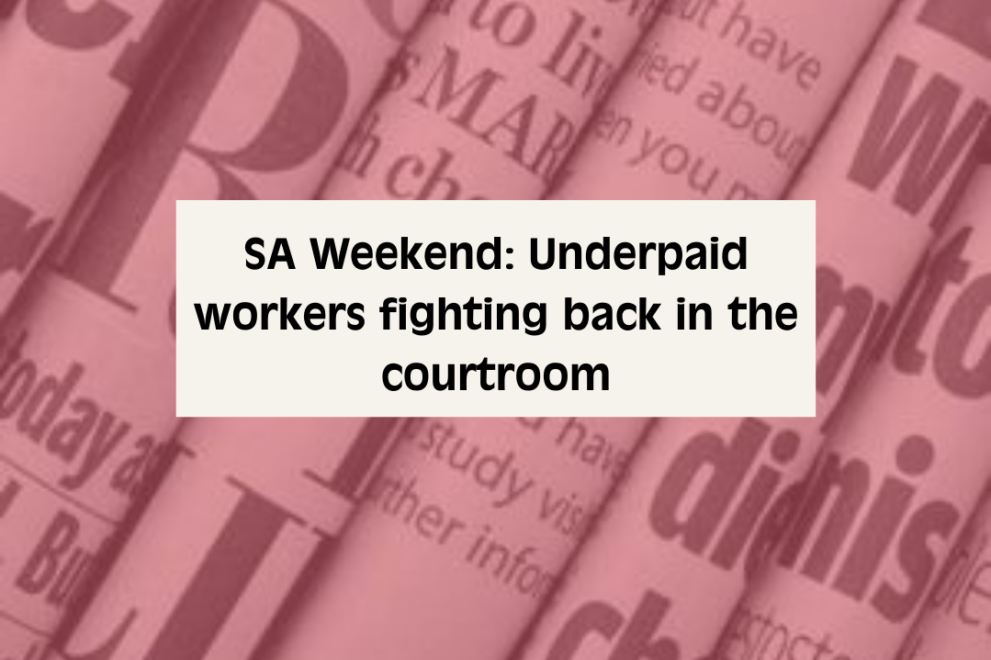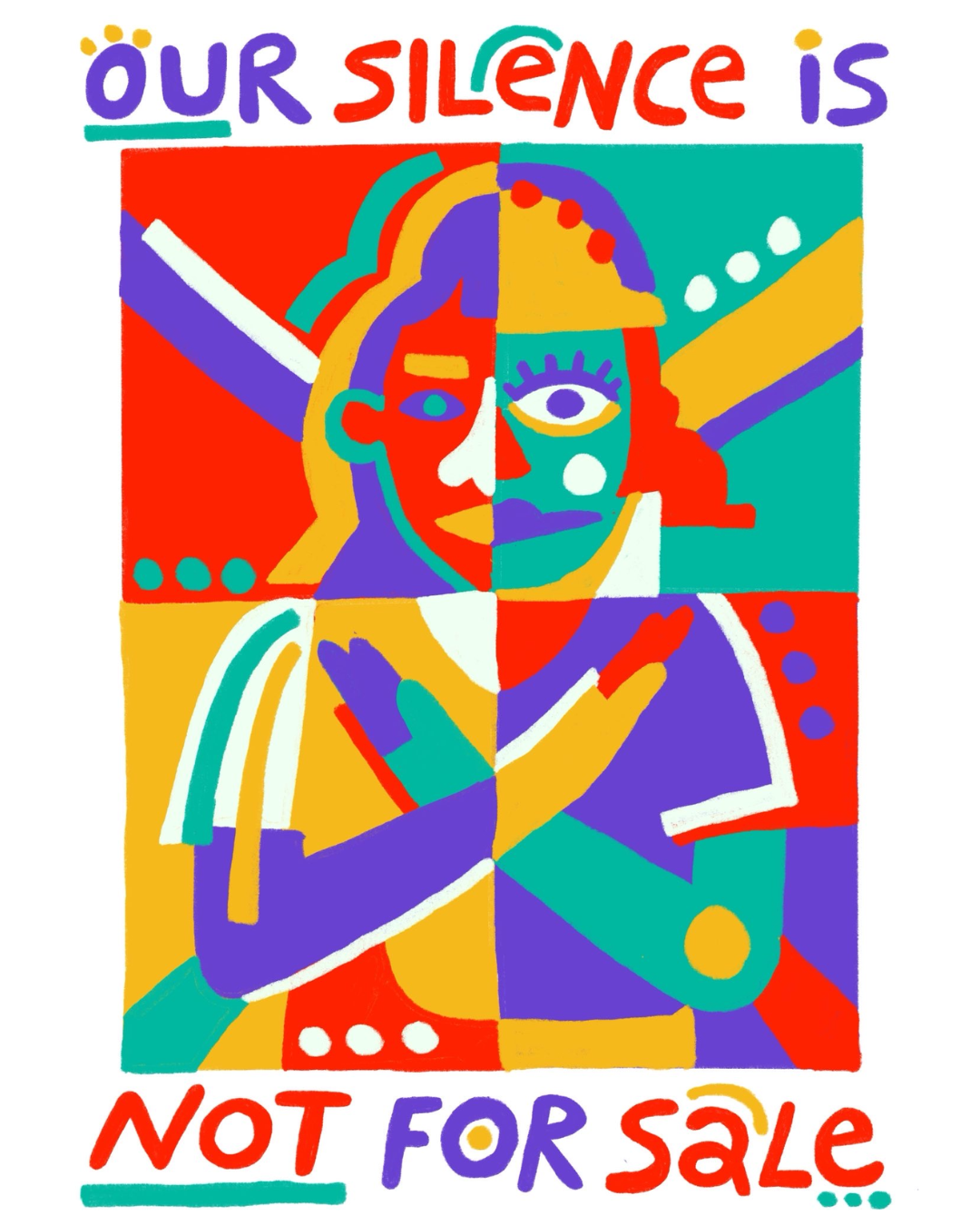This interview was published by the Advertiser SA Weekend on July 31 2021
Read the full article on the Advertiser SA Weekend here.
The inside story of how thousands of Australians who have been the victim of wage theft are finally fighting back. Plus, the big corporate names dragged into the courtroom.
Xiao An was looking for a job. She had recently graduated from her marketing course at the University of South Australia and the Chinese national was keen to stay in Adelaide. Like many international students, Xiao An looked on the Adelaide BBS website. It’s a kind of Chinese-language marketplace where you can find houses to rent, cars to buy and where jobs are advertised.
“When I graduated I wanted to find a job and get some experience,” the now 21-year-old says. “I feel this is suitable for me and I applied.”
The job she found was in advertising and sales for a wine business based in the city. Xiao An, not her real name, was there for two months and was never paid. The excuses started early. It was the end of the financial year, she was told. The company was being restructured.
“They even showed me the screenshot of the bank account of the company, saying they did not have enough money to pay so I have to wait,” she says.
“I feel like I am constantly being frauded. The boss kept making unrealistic promises to me that I’ll be promoted, getting a high yearly salary.”
All the while, Xiao An was working five days a week, sometimes weekends as well.
“I had to work full-time, and even overtime during weekends in that toxic, competitive environment but nothing was paid. Sometimes after working, I cried all the way to home. It was so stressful,” she says.
The issue of workers being underpaid, or not paid at all, was thrust firmly into the spotlight in February when a video of an assault at the Fun Tea store in Chinatown went viral. The video showed a young worker at Fun Tea being slapped and kicked after complaining she was only being paid $10 an hour, less than half the wage the worker was entitled to. The national minimum wage is $20.33 an hour.
A man called Lei Guo has pleaded guilty to the assault and will be sentenced next month. Guo was said to be a friend of then Fun Tea director Jason Duan, who later appeared on a video with a Sydney-based YouTube user and admitted he had only paid the victim $10 an hour.
The assault of the young student caused immediate backlash and brought renewed focus on to a dark part of the national economy – the exploitation of young and vulnerable workers by those who employ them. Often they are international students on visas with no understanding of their rights, with poor English skills and little support.
The federal government’s Fair Work Ombudsman started an investigation into Chinatown’s restaurants and a preliminary report found “very high” non-compliance levels.
That investigation is ongoing but in April, the Ombudsman Sandra Parker said: “Our intelligence indicates that Adelaide’s Chinatown precinct employs many workers on visas who may also have limited English skills, which can lead to vulnerability and exploitation.” It is expected the Ombudsman will file charges year end.
Part of the solution may be for universities to provide more information to its students when they arrive in the country to tell them what their rights are and what support is available to them.
Meng Liu came to Australia in 2018 to study social work at Flinders. She, too, was ripped off by an employer.
“The first month I was here, I realised that everyone around me was doing an underpaid job, like all the international students I knew,” Liu says. “At that stage I didn’t know that was illegal.






